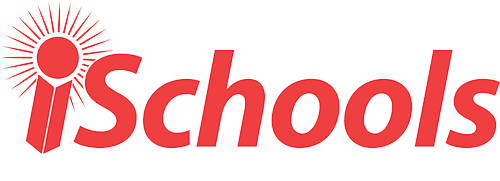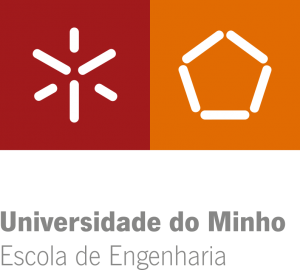Seminário SEOR

Seminário no âmbito do grupo de investigação SEOR (Systems Engineering and Operational Research)
Title: Mathematical optimization at work
Speaker: Eligius M.T. Hendrix , University of Málaga (Espanha)
Date: 12th june 2019 (wednesday)
Hora: 15h00
Local: Edifício 16, auditório (R/C) – Campus de Gualtar, Braga, University of Minho
Organizer : SEOR (Systems Engineering and Operational Research)
Resumo – Mathematical Optimization in research and practice are known from ancient times. Nowadays a lot of various optimization methods help us solve optimization problems in fields such as chemistry, biology, biomedicine, operational research, etc. Normally it is easier to solve optimization problems having some specific properties of objective function such as linearity, convexity, differentiability, etc. However, there are a lot of practical problems that do not satisfy such properties or even cannot be expressed in an adequate mathematical form. Moreover non-convex optimization problems may have several local solutions, and finding the best one is a hard task. In this seminar, the objective is to address mathematical modelling, analysis and coding of optimization related practical problems.
Biografia – Eligius studied Econometrics at the University of Tilburg, where he obtained his BSc in 1984 and MSc in 1987. He worked for 20 years at Wageningen University as assistant (PhD in 1998) and associate professor up to 2008 when he got a Ramon y Cajal position at the Universidad de Málaga. Now he is full professor at Universidad de Málaga.
Eligius M.T. Hendrix is a European scientist with more than 30 years of experience in mathematical modelling and optimization algorithms. He has a chair in Computer Science at Málaga University and is since 1988 affiliated to the Operational Research group of Wageningen University. The research experience can be found in about 75 journal publications, 80 conference contributions and 15 book chapters and several books. His research focuses on exploiting mathematical structure of optimization problems in order to derive novel specific algorithms that can be implemented on modern computer platforms. He promotes the organization of smaller workshops like GOW and EUROPT.



